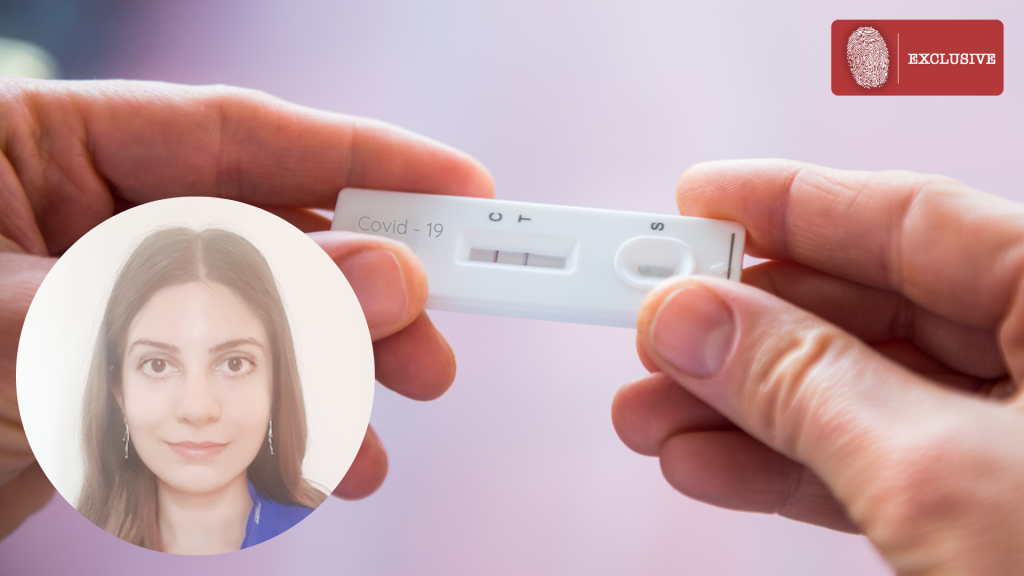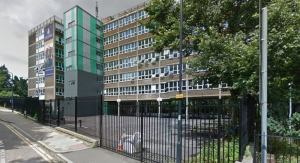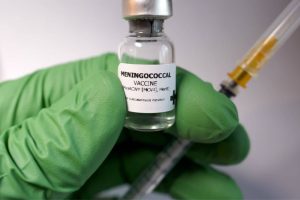Dr Hakkı: Most people still infectious after fice days
According to a study by Imperial College London, two-thirds of participants were still infectious at five days and a quarter was still infectious at seven days.
Current NHS guidance is that people should try to stay at home and avoid contact with others for five days. However, there is no longer a legal requirement to self-isolate if you test positive for Covid-19.
The research is the first to unveil how long infectiousness lasts after natural COVID-19 infection in the community.
The study team conducted detailed daily tests from when 57 people were exposed to the virus to look at how much infectious virus they were shedding throughout their infection.
They found; Average duration of infectiousness was five days, Only one in five participants were infectious before COVID-19 symptoms began, Two-thirds of cases were still infectious five days after their symptoms began, One-quarter were still infectious at seven days and Lateral flow tests do not reliably detect the start of infectiousness, but can be used to safely shorten self-isolation.
Study co-author Dr Seran Hakki said:”…Our study is the first to assess how long infectiousness lasts for, using real life evidence from naturally acquired infection. Our findings can thus inform guidance as to how to safely end self-isolation.”
She added: “If you test positive for COVID-19 or have symptoms after being in contact with someone with confirmed COVID-19, you should try to stay at home and minimise contact with other people.”
The Turkish Cypriot doctor spoke with Londra Gazete, answering questions and giving her advice on how to tackle the virus.
As free testing ends for the majority of people in England, tests can now be purchased for those that are not exempted from a free one, we asked should people still have tests rather than self-diagnosing:
“I think it is good to have keep some lateral flow test kits at home. Rarely do these tests give you a false positive result (i.e if it is positive, you very likely have COVID-19), but our study does show that at the start of infection they often give you false negative results (i.e. it is negative, but you actually do have COVID-19). So, if you have developed symptoms after meeting someone with confirmed COVID-19, I would not ignore these symptoms, even if you have an initial negative lateral flow test result.”
When should they start isolation? Many count the days they have been unwell before they test positive within an isolation period is this correct?
“Unless you are asymptomatic, we recommend counting the days from the day of symptom onset. This is because lateral flow tests often take a while to turn positive. “
Government measurements for Covid-19 have ended. Employees are expected to go to work even with a positive Covid-19 result. Many cannot afford to stay home, what do you recommend for those in this situation to limit the spread?
“As per NHS guidance, if you test positive for COVID-19 or have symptoms after being in contact with someone with confirmed COVID-19, you should try to stay at home and minimise contact with other people. Working from home would be the ideal scenario, but if you must go into work, try to keep your workspace well ventilated. Wear a mask and clean the surfaces you share with others.”
Summer holidays are ending, children are back to school soon and we are moving into the winter months- should people be more cautious? Would it be expected to see a rise in covid-19 cases?
“It is likely that COVID-19 cases will rise in winter alongside other seasonal viruses such as influenza. In addition, people who have previously had COVID-19 should not get complacent as the Omicron BA.5 lineage is associated with higher odds of reinfection compared with Omicron BA.2. Rather than worrying people, I want people to live their lives as normally as they can whilst taking sensible precautions: wear masks in enclosed spaces, you’re your hands when you get to work or home and ventilate your rooms. Scientists all over the world are monitoring the situation very carefully.”









